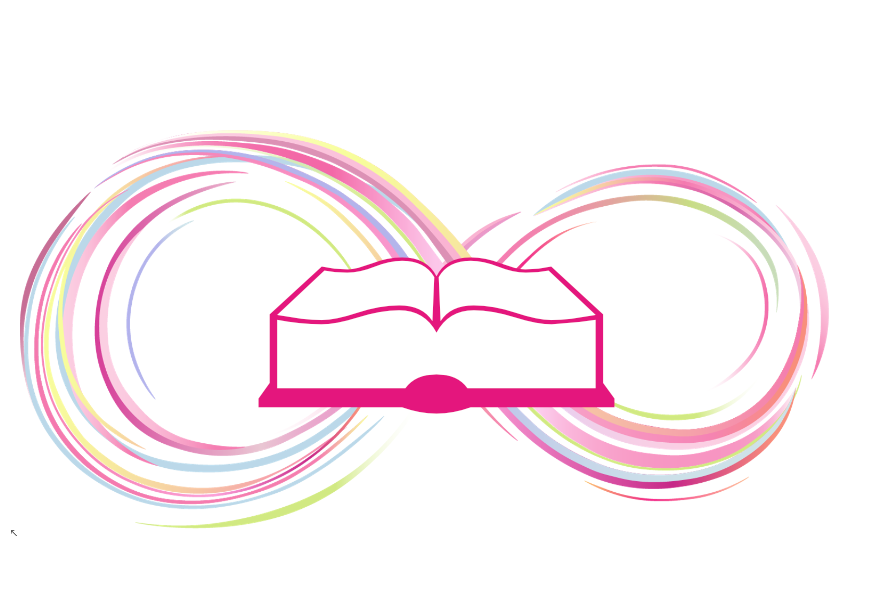Nachstehend finden Sie die neuen Leseempfehlungen unserer CONVOCO! Denker:innen – lassen Sie sich inspirieren.

The Gift (1925) by Marcel Mauss
A wonderful book about the energy and origin of giving.
History of Clouds: 99 Meditations (2003) by Hans Magnus Enzensberger
I remember a special evening at my home in London when HME gave a lecture on “The Printed Word in Britain and Germany”. His meditations on the clouds are set between heaven and earth. The sad news of HME’s passing gives us reason to read his poems about eternity once again.
Status Anxiety (2004) by Alain de Botton
Once you start to follow Alain de Botton thought’s, you will remain faithful to him. He is gifted with a great ability to reflect on how we live as a society and how we can change things. This book is about the anxiety of not conforming to society’s definition of success. It’s about what it means to live in a meritocratic society. I read this book in the context of this year’s Convoco theme “Equality in an unequal world.”

Afterlives (2022) by Abdulrazak Gurnah
Gurnah, born in the Sultanate of Zanzibar in 1948, was awarded the 2021 Nobel Prize in Literature. This is his first novel since. A wonderful narrator who takes a careful and considerate look at the role of German settlers and soldiers in the colonization of East Africa.
Kilometer 101 (2022) by Maxim Osipov
This book was given to me as a birthday gift by the great Alfred Brendel. The Russian author and cardiologist Osipov knows how to use his characters to engage with humankind’s everlasting questions. No matter the location of his story’s setting, be it in the Russian provinces, in Western Europe or in the USA, we are captivated by the protagonists’ fate.

Solaris (1961) by Stanisław Lem
Solaris was made into a movie on at least two occasions, most recently with George Clooney as the protagonist. However, both movies focus on the human madness that results from the deployment to a far-away planet (called Solaris) in the distant future. The book focuses on the large ocean on Solaris that, for unknown reasons and in unknown ways, is responsible for this madness. Engaging with that ocean means to engage with a genuinely alien intelligence, which is really the main theme of this important book by one of the world’s greatest science fiction writers. In an age of Artificial Intelligence thinking about genuinely alien intelligence is a useful exercise.
Sustainable Energy Without the Hot Air (2009) by David MacKay
Before David MacKay died of inoperable stomach cancer at the age of 48 some years ago, he was one of the UK’s most brilliant physics professors. Any book on sustainability written in 2009 might seem dated almost 15 years later – but not this one. Focused on the UK, but also discussing Europe, the US, and the world as a whole, MacKay walks his readers through the quantitative aspects of the replacement of fossil fuels. One very basic thing to understand about coal and oil is how incredibly efficient they are as sources of energy – which makes them very hard to replace, especially if the goal is to do this replacing with renewables only and not with nuclear. MacKay makes his readers understand how hard it will be to map out our energy future in ways that actually add up.
Between the World and Me (2015) by Ta-Nehisi Coates
Much as James Baldwin before him, Ta-Nehisi Coates gives expression to the African American experience in the United States in this generation. Coates grew up in tough neighborhoods in Baltimore, later moved to New York and made his name through journalism and books. Between the World and Me is written in the style of a letter to his young son, to whom he must explain the basics of being Black (and being a Black male) in the US a decade and half into the 21st century. I often use this excerpt here to help people get a sense of how differently from white people African Americans often experience public spaces:
“Some days I would take the train into Manhattan … I saw white parents pushing double-wide strollers down gentrifying Harlem boulevards in T-shirts and jogging shorts. Or I saw them lost in conversation with each other, mother and father, while their sons commanded entire sidewalks with their tricycles. The galaxy belonged to them, and as terror was communicated to our children, I saw mastery communicated to theirs.”
“Some days I would take the train into Manhattan … I saw white parents pushing double-wide strollers down gentrifying Harlem boulevards in T-shirts and jogging shorts. Or I saw them lost in conversation with each other, mother and father, while their sons commanded entire sidewalks with their tricycles. The galaxy belonged to them, and as terror was communicated to our children, I saw mastery communicated to theirs.”

Not Forgetting the Whale (2015) by John Ironmonger
An epidemic and a global crisis – the poignant novel ‘Not Forgetting the Whale’ by John Ironmonger, Maria Poets, and Tobias Schnettler could not be more relevant. But globalization offers much hope in these challenging times.
Courage to be Disliked (2013) by Ichiro Kishimi und Fumitake Koga
…is a fascinating dialogue between the philosopher and an unhappy young man about the courage to stay true to oneself, to break free from unhealthy patterns of behavior, and to practice mindfulness.

Paradise (1994) by Abdulrazak Gurnah
The novel ‘Paradise’ is an emotional take on the nature of freedom. It describes the loss of innocence of an entire continent through the example of a young man. Abdulrazak Gurnah, who won the Nobel Prize in Literature in 2021, tells the poetic and humorous coming-of-age story of twelve-year-old Yusuf during the beginning of European colonization of his East African homeland. A beautiful book about the ‘disappearance’ of a lifelong dream in the face of a changing homeland.
The Innovators Dilemma (1997) by Clayton M. Christensen, Stephan Friedrich von den Eichen and Kurt Matzler
This book by the Harvard Business School professor Clayton is primarily aimed at decision-makers and top managers of successful companies with firmly established structures. The message: Successful companies can fail despite good management because the sudden emergence of new technologies can trigger disruptions that change markets more radically and faster than a company’s ability to adapt. The book shows typical pitfalls in market observation, the interpretation of signals, reactions based on supposed strength, or in the promotion of innovative initiatives. Clayton also describes ways to identify niches for disruptive innovation and how to structure the accompanying management. A standard work for anyone interested in innovation and long-term growth strategies in saturated markets.

The Women Are Up to Something: How Elizabeth Anscombe, Philippa Foot, Mary Midgley, and Iris Murdoch Revolutionized Ethics (2021) by Benjamin JB Lipscomb
The contribution made by the University of Oxford to the development of philosophy in the post-war period is well documented – from the logical positivism of AJ Ayers to the also positivist legal theory of HLA Hart. By drawing attention to the contributions of four female philosophers, Benjamin Lipscomb produces a kind of counter-narrative. Elizabeth Anscombe, Philippa Foot, Mary Midgley, and Iris Murdoch were all close friends at Somerville College in the 1940s. It may be (as has been suggested) that the absence of fellow male students and colleagues during the war meant that they had greater opportunities for developing and refining their ideas than would otherwise have been the case. But the fact is that, against the backdrop of the awful Nazi atrocities of the period, they initiated a paradigm shift that ran counter the orthodoxy of their time by placing ethics back at the centre of modern moral philosophy.
Dissolution (2003) by CJ Sansom
Anyone who enjoys reading well-researched historical crime novels will learn a great deal from this book about the Tudor period in general and English legal history in particular. The author is a trained historian who worked as a practising lawyer for many years before turning to writing full time. His novel Dissolution is the first of seven – soon to be eight – volumes in a series allowing readers to join a barrister by the name of Matthew Shardlake in solving intricate crime mysteries during the reigns of Henry VIII and Elizabeth I. The crimes are almost always closely connected to the major political events of the time, beginning with the dissolution of the monasteries under Henry VIII’s infamous chief minister Thomas Cromwell. The novel is informative, entertaining, and exhilarating; it will leave its readers utterly enthralled and reaching for the next volume.

Paris 1919. Six Months That Changed The World (2001) by Margaret MacMillan
Regenesis. Feeding the World without Devouring the Planet (2022) by George Monbiot
Eight Hundred Leagues On The Amazon (1881) by Jules Verne
The Master and Margarita (1967) by Michail Afanassjewitsch Bulgakow


